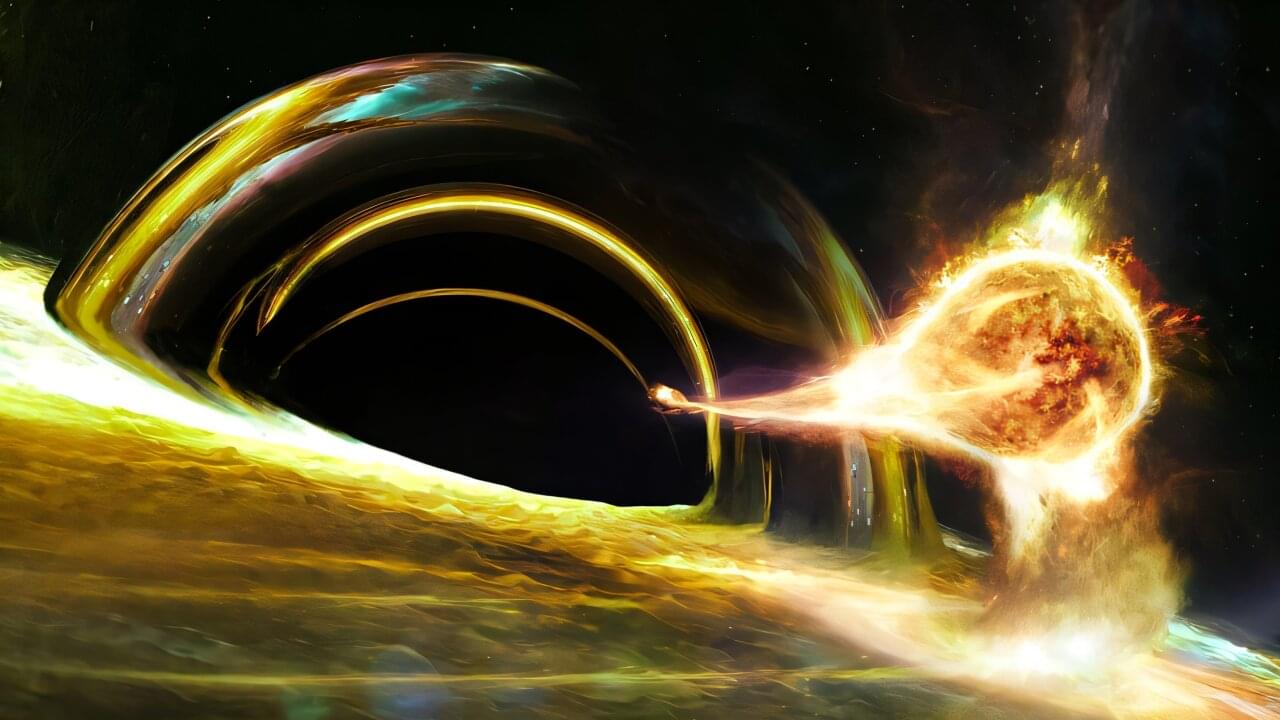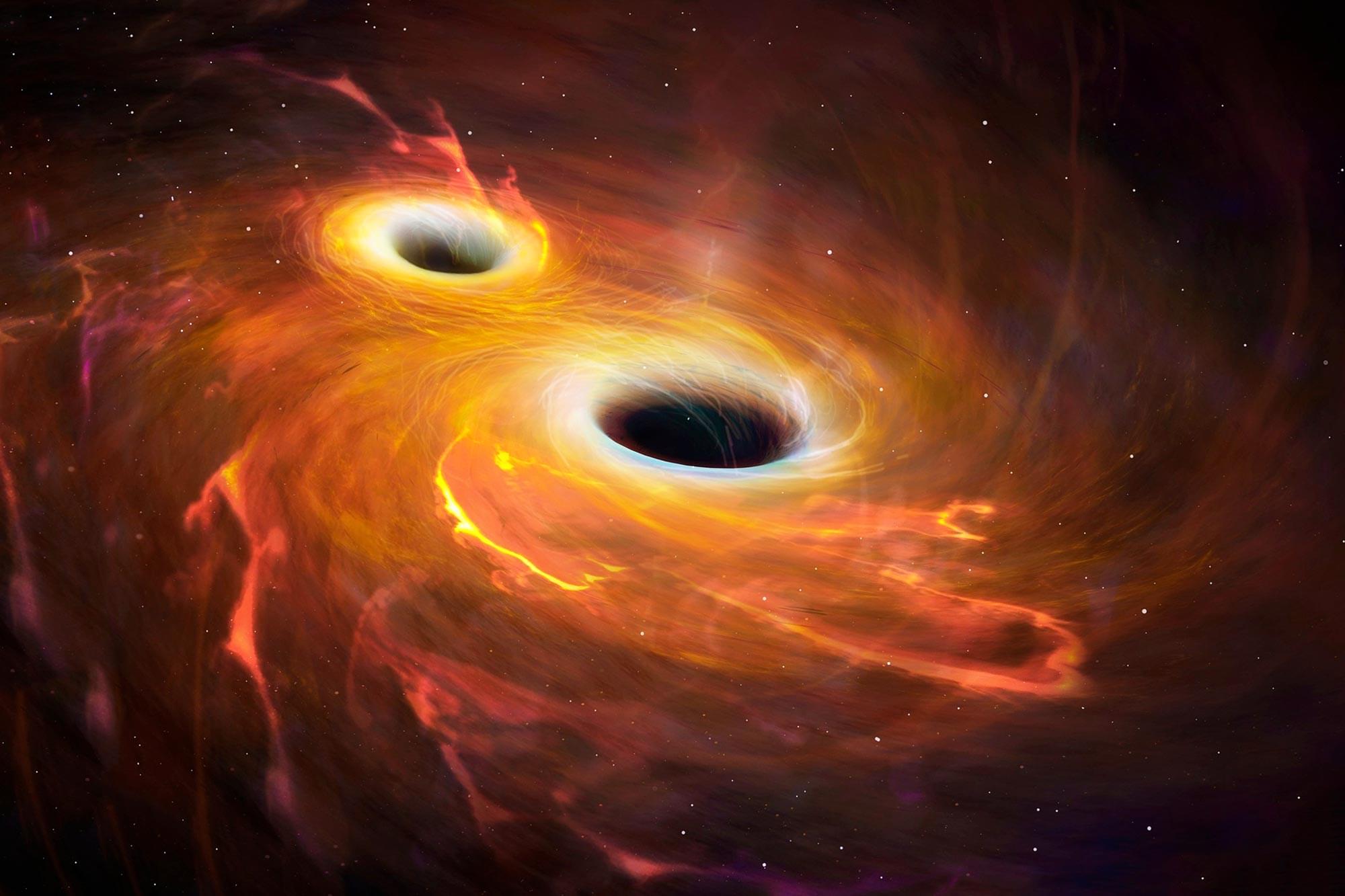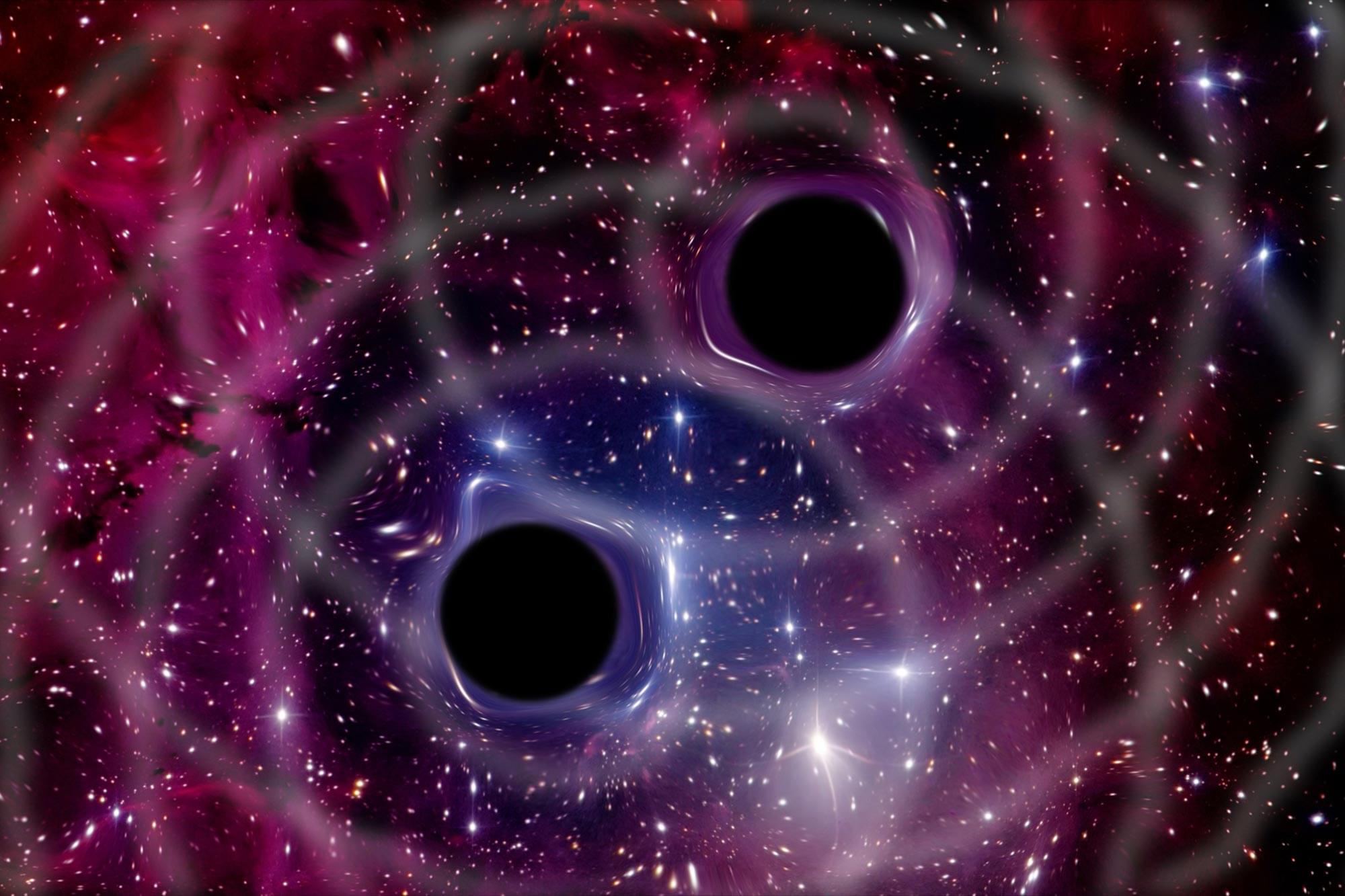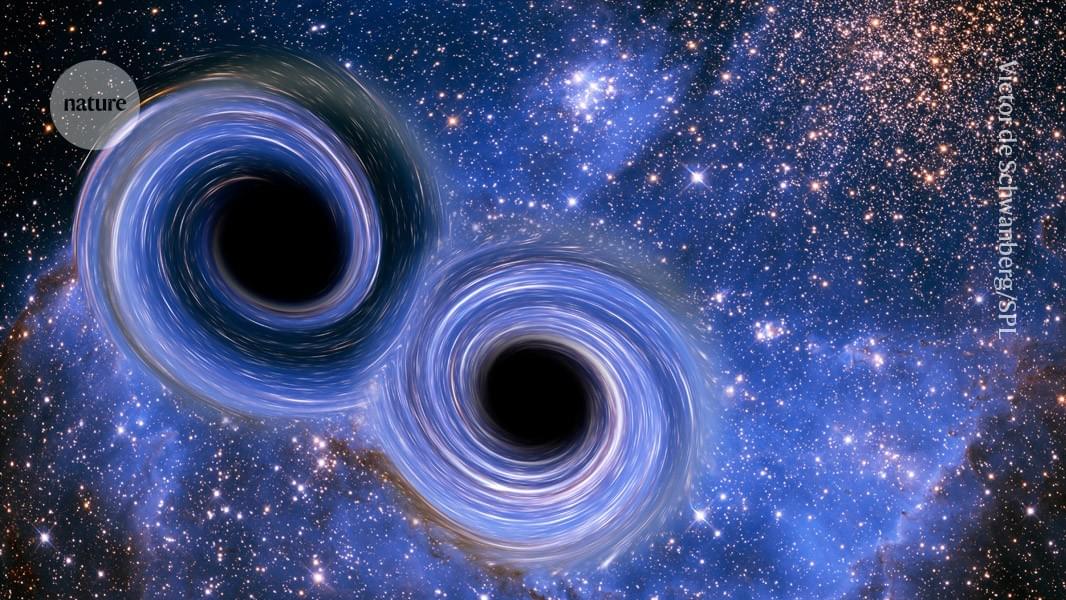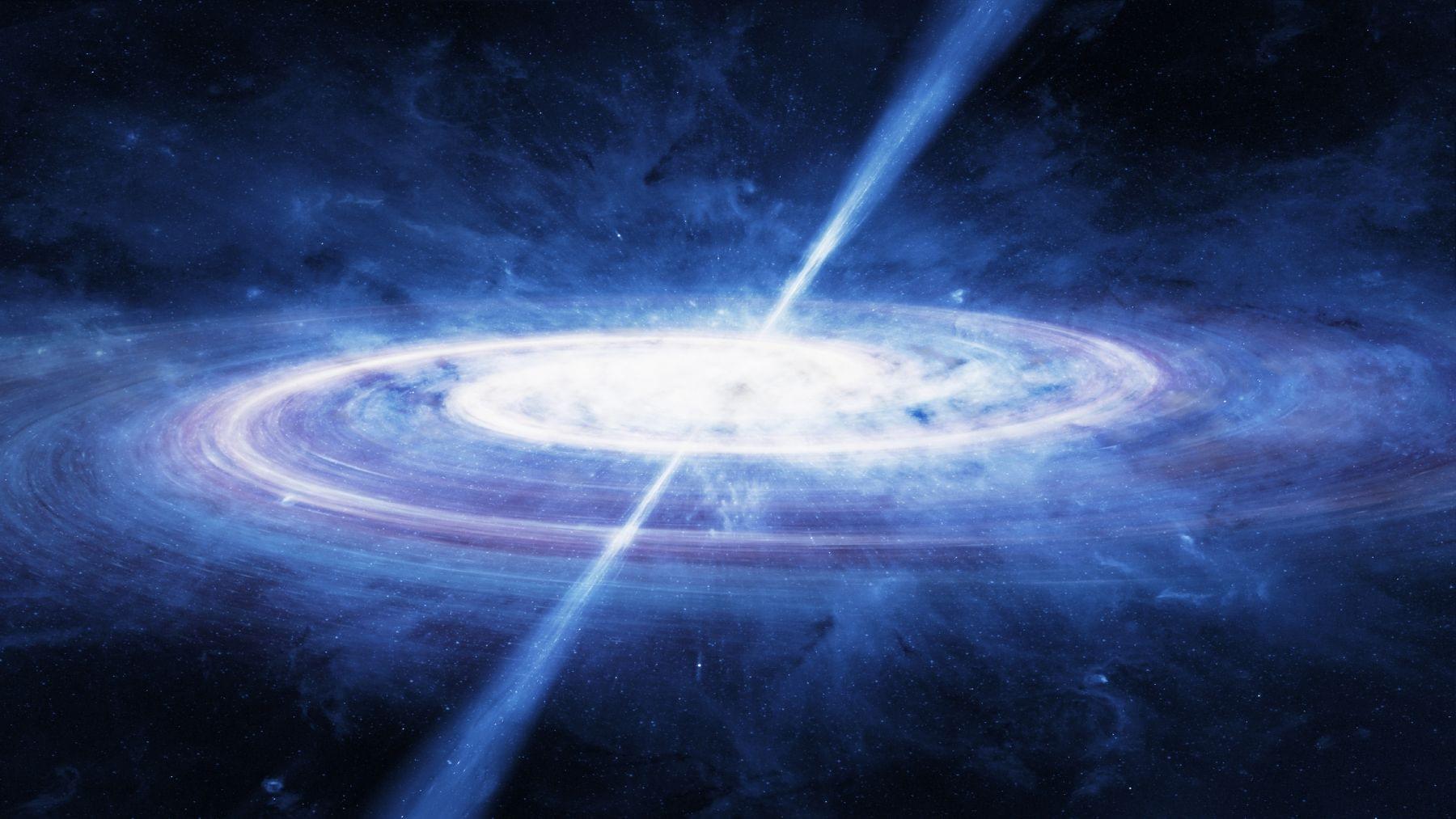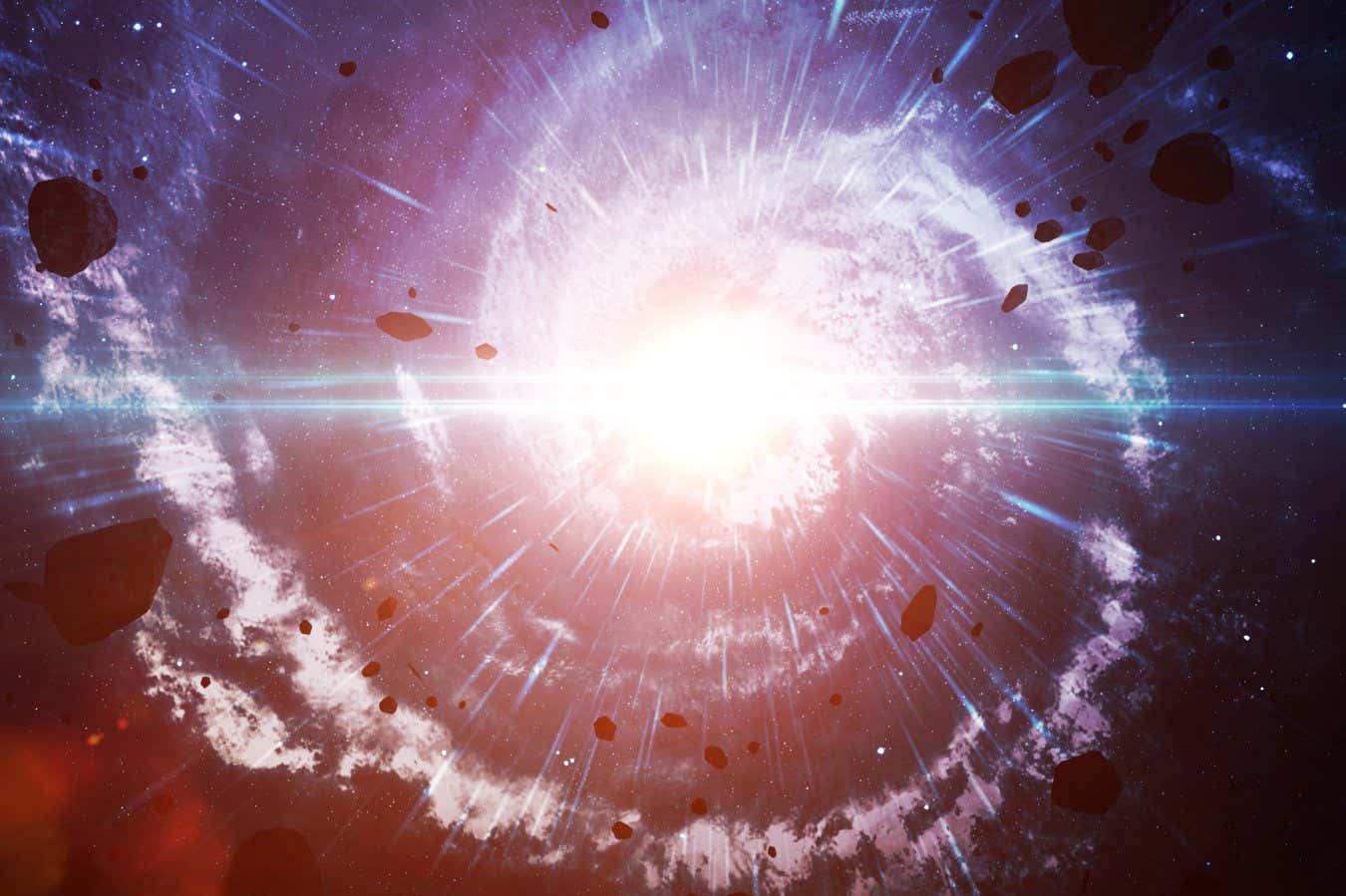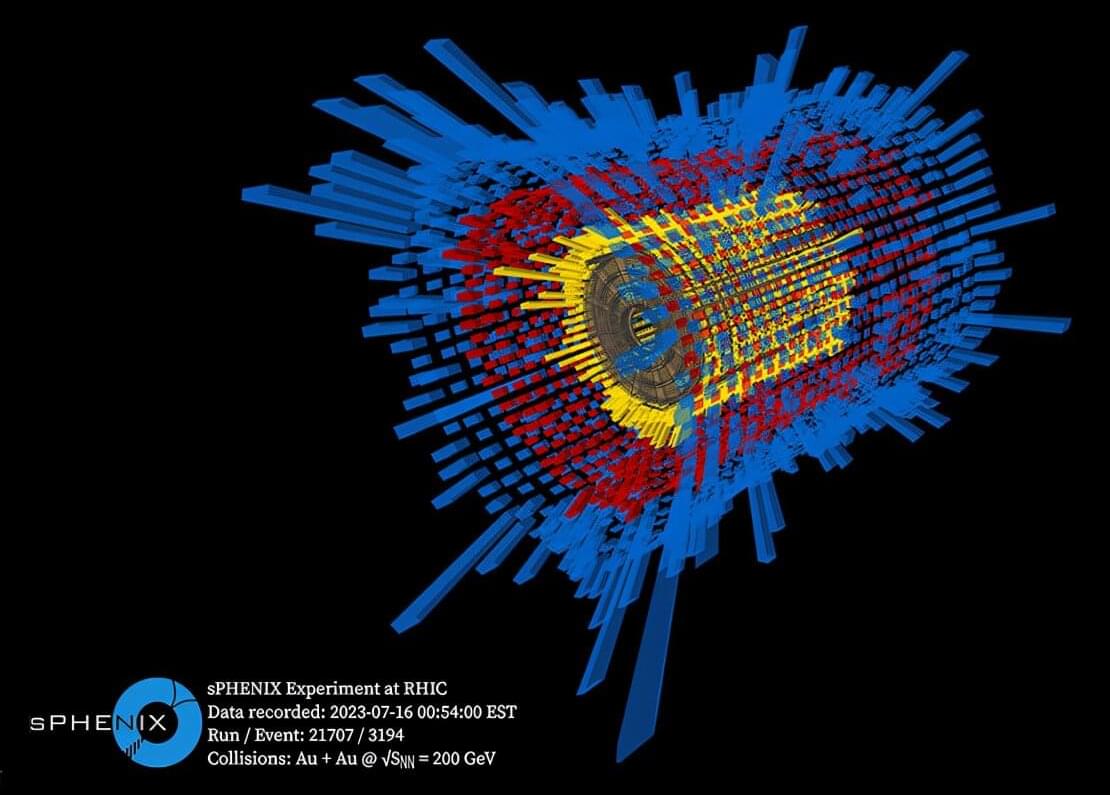Betelgeuse is one of the brightest stars in the night sky, and the closest red supergiant to Earth. It has an enormous volume, spanning a radius around 700 times that of the sun. Despite only being ten million years old, which is considered young by astronomy standards, it’s late in its life.
Located in the shoulder of the constellation Orion, people have observed Betelgeuse with the naked eye for millennia, noticing that the star changes in brightness over time. Astronomers established that Betelgeuse has a main period of variability of around 400 days and a more extended secondary period of around six years.
In 2019 and 2020, there was a steep decrease in Betelgeuse’s brightness—an event referred to as the “Great Dimming.” The event led some to believe that a supernova death was quickly approaching, but scientists were able to determine the dimming was actually caused by a large cloud of dust ejected from Betelgeuse.
